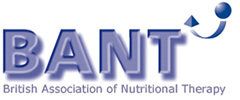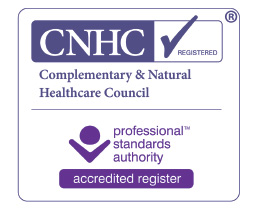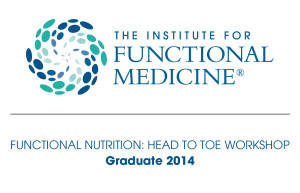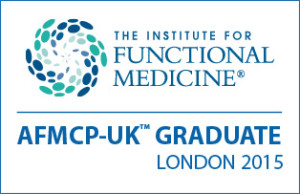Are you wondering if nutritional therapy, naturopathy and functional medicine can benefit heart health?
This London Naturopath post will focus on the functional medicine and nutritional therapy approach to heart disease. I also offer support for heart disease in Totnes, Devon (South Hams) and for UK and international clients online on Zoom, Skype or by phone. The London Naturopath series of articles are intended to give a brief overview of how I may support your health as a one-to-one client when dealing with specific conditions. For more in depth information which you can begin to apply to your life without working with me on a one-to-one basis please refer to my blog.

Heart disease, which includes coronary heart disease, heart failure and stroke, is the leading cause of death and disability in the developed world (1) and is the cause of one in three deaths in the USA (2) and one in four deaths in Europe (3).
Cardiovascular disease gives very little warning until it may be too late. Disease progression is largely invisible since symptoms appear only in the late stages of the disease. Measuring cholesterol levels or even LDL cholesterol levels is inappropriate since it is not total cholesterol nor LDL cholesterol that correlates accurately with heart disease risk. Better markers for assessing heart disease risk include oxidised LDL, LDL size, Lp(a), fibrinogen, homocysteine, ferritin, C-reactive protein, TMAO and markers of blood sugar imbalances, all of which are helpful to monitor progress after making dietary and lifestyle changes. For more information on the inadequacy of measuring cholesterol or even LDL cholesterol please see 10 Reasons You Need Cholesterol – Part 1.
I have also quite thoroughly debunked the notion that fat and saturated fat clog the arteries with cholesterol to cause heart disease in a series of posts beginning with The Low-Fat Fallacy – Saturated Fat is Good For You – Part 1 and in 2017 the PURE study, which looked at the dietary intake of over 135,000 individual in 18 countries over a median of 7.4 years, found that higher saturated fat intake was in fact associated with a reduced risk of stroke and was not associated with an increased risk of heart disease (4).
Although a low-fat and low saturated fat diet is unlikely to reduce and may even increase your risk of heart disease, there is much that can be done using nutrition and lifestyle changes to bring the markers of heart disease risk down. Nine out of ten of the major risk factors for heart disease are modifiable by dietary and lifestyle changes and contribute to 90% of the risk of heart attack in men and 94% of the risk in women according to the 2004 INTERHEART study of almost 30,000 people in 52 countries (5). One study found that after just one year 80% of participants could reduce atherosclerotic plaque and avoid surgery without the need for any medications (6). An editorial in the Open Heart journal published in 2015 states that “changes in diet can rapidly improve outcomes of cardiovascular disease” and “dietary intervention achieved consistently large reductions in cardiovascular disease risk irrespective of weight” (7).
As always in naturopathy and functional medicine we look to the root causes of heart disease. The risk markers in the tests I mentioned above may be out of range but what are the underlying causes that need to be investigated?
Blood sugar imbalance (8), endotoxemia (9), which is an increase in absorption of bacterial endotoxins from the gut and from the diet (10), gut dysbiosis (11), poor thyroid function (12) and infection (13) are some of the main areas to explore, as well as fatty acid imbalances (14, 15) and oxidative stress (16).
Perhaps we may need to investigate other sources of inflammation (17) such as cortisol imbalances (18) and toxic overload (19, 20) if the heart disease risk markers are not coming back into range after dietary and lifestyle changes alone.
It may seem overwhelming to think of all of these different areas but part of my job is to guide you to focus on the areas first that are most likely to be effective. This may begin with information I gather from you in a health questionnaire or during the consultation and may then progress to some further functional testing besides the testing of heart disease risk markers to monitor progress. Sometimes dietary and lifestyle changes together with some targeted supplements will be enough and on the other hand your health is worth making the extra investigative effort if required.
If you would like to find out more about working with me please see one of the following pages:





